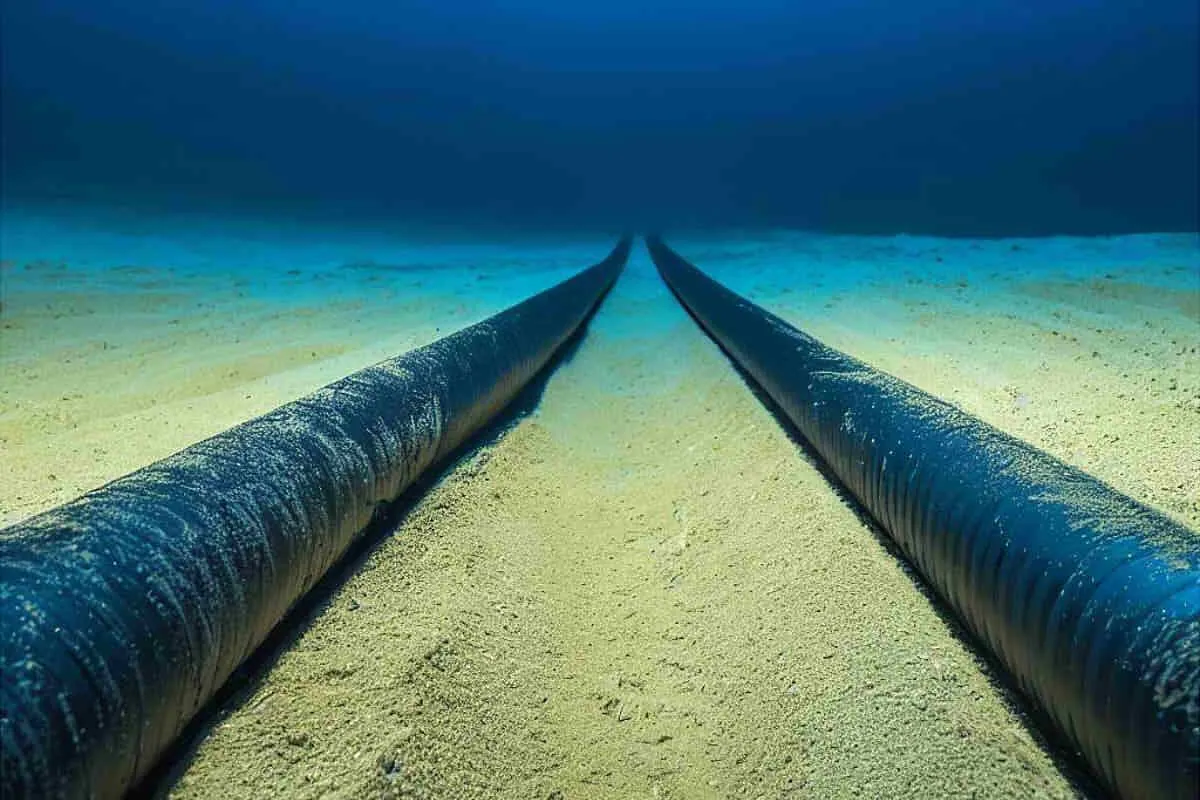On September 10, 2024, the governments of Greece and Cyprus are set to convene for a critical discussion regarding the Great Sea Interconnector (GSI) project. This ambitious venture aims to establish an electric cable connection between Greece, Cyprus, and potentially Israel, traversing the Mediterranean Sea.
The GSI project, with an estimated cost of €2.4 billion ($2.67 billion), is poised to become a record-breaking feat of engineering. If completed, it would stretch 1,240 km (770 miles), making it the world's longest high voltage direct current (HVDC) interconnector. Moreover, it would reach depths of 3,000 meters (9,800 feet), surpassing the current deepest power cable, the NorNed interconnector between Norway and the Netherlands, which operates at depths of about 410 meters.
The European Union has recognized the GSI as a "Project of Common Interest," offering partial financing of €657 million. This classification aligns with the EU's target for at least 15% electricity interconnection between member countries by 2030, highlighting the project's strategic importance for regional energy integration.
However, the Cypriot government, led by President Nikos Christodoulides, has expressed concerns about the project's total cost, viability, and Cyprus's financial contribution. Christodoulides stated, "As a responsible government, we will take a decision which won't place undue financial burden either on the state, or on people." This cautious approach follows recent setbacks in Cyprus, including the collapse of a natural gas introduction attempt and the cancellation of a major port development contract earlier in 2024.
The upcoming meeting will involve key stakeholders, including Greece's energy minister, representatives from Greece's power grid operator IPTO (the project manager), and a delegate from the European Commission. The discussions aim to address Cyprus's concerns and potentially move the project forward.
The GSI project holds significant potential for enhancing energy connectivity in the Mediterranean region. Cyprus, as the third-largest and third-most populous island in the Mediterranean, stands to benefit from improved energy security and integration with the European grid. Similarly, Greece, with its target to increase renewable energy share to 35% by 2030, could leverage the interconnector to balance its energy mix and export excess renewable power.
The project's scale is particularly noteworthy when compared to existing infrastructure. The current longest submarine power cable is the North Sea Link between Norway and the UK, measuring 720 km. The GSI would significantly surpass this, demonstrating the rapid advancements in submarine cable technology since the first telegraph cable was laid across the English Channel in 1850.
As the Mediterranean region faces increasing vulnerability to climate change, with rising temperatures and sea levels threatening coastal areas, projects like the GSI could play a crucial role in facilitating the transition to cleaner energy sources and improving regional energy resilience.
The outcome of the September 10 meeting will be crucial for the project's future. With contractors reportedly considering reconsidering their participation unless Cyprus makes a timely decision, the stakes are high for all parties involved. As President Christodoulides emphasized, "Our decision will be based on real data, without any constructive, or non-constructive ambiguity."
